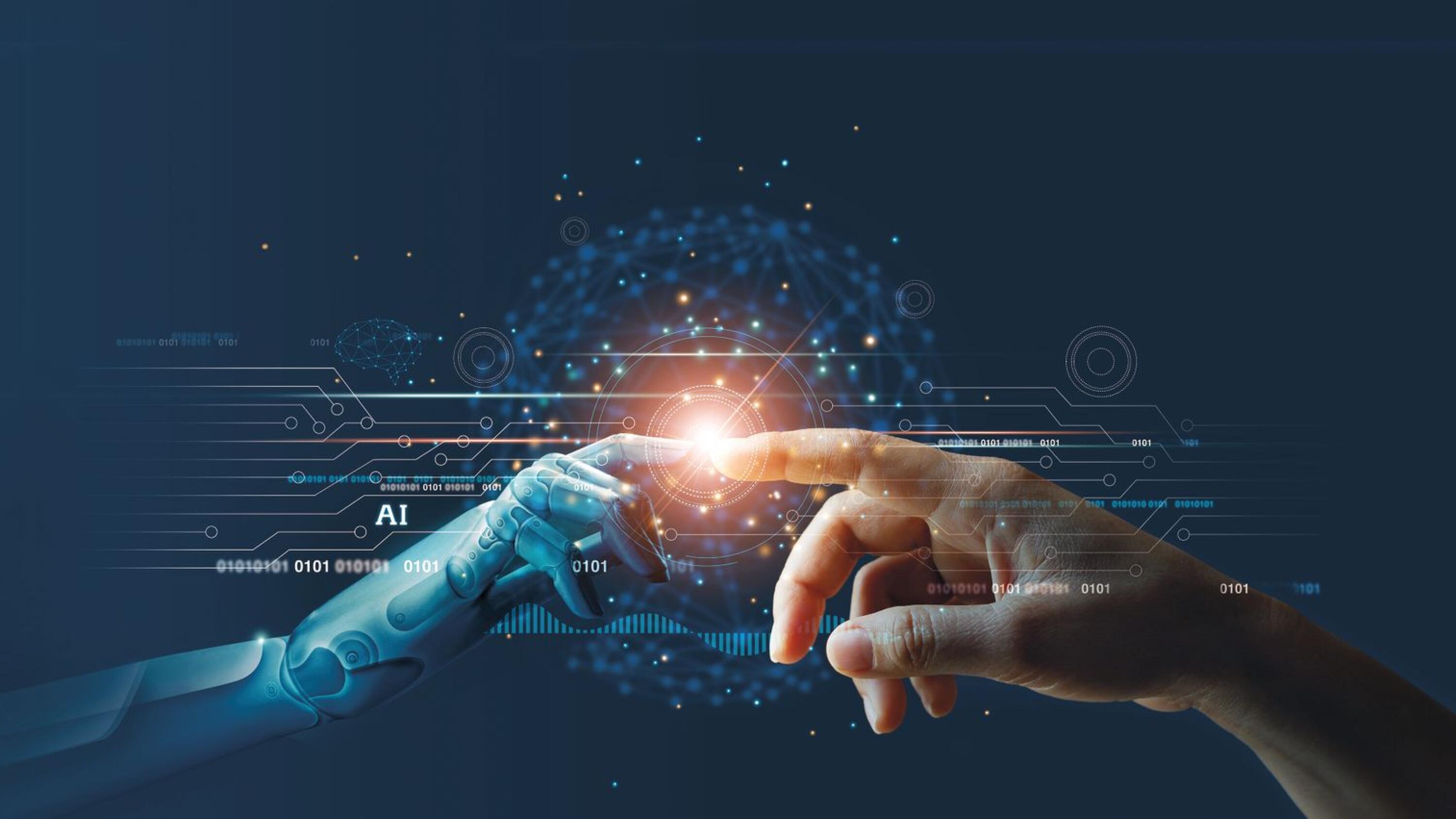
The Unforeseen Frontier: Exploring the Ethical Landscape of Artificial Intelligence
By Adedayo Oyetoke, Published on: March 10th 2024 3 min, 586 word Views: 934
Artificial intelligence (AI) has become a ubiquitous term, woven into the fabric of our daily lives. From the moment we wake up to the virtual assistants greeting us to the curated content recommended by social media platforms, AI's influence is undeniable. Yet, amidst the undeniable advancements and conveniences it offers, lies a complex ethical landscape that necessitates careful consideration.
This blog delves into the intricate web of ethical concerns surrounding AI, prompting introspection and igniting discussions crucial for shaping the future of this powerful technology.
The Algorithmic Bias Labyrinth:
One of the most pressing concerns is algorithmic bias. AI algorithms are trained on massive datasets, and if these datasets harbor inherent biases, the AI itself can become biased. This can lead to discriminatory outcomes in areas like loan approvals, job applications, and even criminal justice. Imagine a facial recognition system trained on a dataset skewed towards a particular race, leading to higher misidentification rates for that race.
The Erosion of Privacy: A Looming Threat?
As AI becomes adept at pattern recognition and data analysis, privacy concerns escalate. AI systems can glean a wealth of personal information from our online interactions, browsing habits, and even facial expressions. The question arises: who owns this data, and how is it being used? There's a fine line between personalization and intrusion, and navigating this line ethically is paramount.
The Automation Anxiety: Will Robots Steal Our Jobs?
The rise of automation through AI has sparked fears of mass unemployment. While AI will undoubtedly transform the job market, it's crucial to remember that new opportunities will emerge. The focus should shift towards equipping the workforce with the skills to thrive in this evolving landscape. Perhaps, AI can be a collaborator, augmenting human capabilities rather than replacing them altogether.
The Quest for Transparency: Demystifying the Black Box
AI systems, particularly complex ones like deep learning models, can be opaque. Their decision-making processes are often shrouded in mystery, making it difficult to understand how they arrive at certain conclusions. This lack of transparency can erode trust and hinder accountability. Explainable AI (XAI) is an emerging field that aims to shed light on the inner workings of these algorithms, fostering trust and responsible development.
The Moral Conundrum: Can Machines Make Moral Decisions?
As AI becomes more sophisticated, a critical question arises: can machines make moral decisions? Equipping AI with ethical frameworks is an ongoing challenge. Consider self-driving cars – in an unavoidable accident, should the car prioritize the safety of its occupants or pedestrians? While there are no easy answers, philosophical discussions around machine morality are essential for guiding AI development.
The Road Ahead: A Call for Responsible AI Development
The ethical considerations surrounding AI are multifaceted and far-reaching. Addressing these concerns necessitates a collaborative effort from researchers, developers, policymakers, and the public. Here are some crucial steps:
- Prioritizing Fairness: Building fairness and inclusivity into the design and development of AI systems is essential.
- Ensuring Transparency: Efforts like XAI should be encouraged to promote transparency and trust in AI.
- Promoting Human Oversight: AI should be a tool to augment human capabilities, not replace human judgment, particularly in critical decision-making.
- Fostering Open Dialogue: Public discourse and open discussions are essential for shaping the ethical development and deployment of AI.
AI has the potential to revolutionize our world, but only if we navigate its development responsibly. By acknowledging the ethical concerns and working towards solutions, we can ensure that AI serves as a force for good, empowering humanity and shaping a brighter future.
